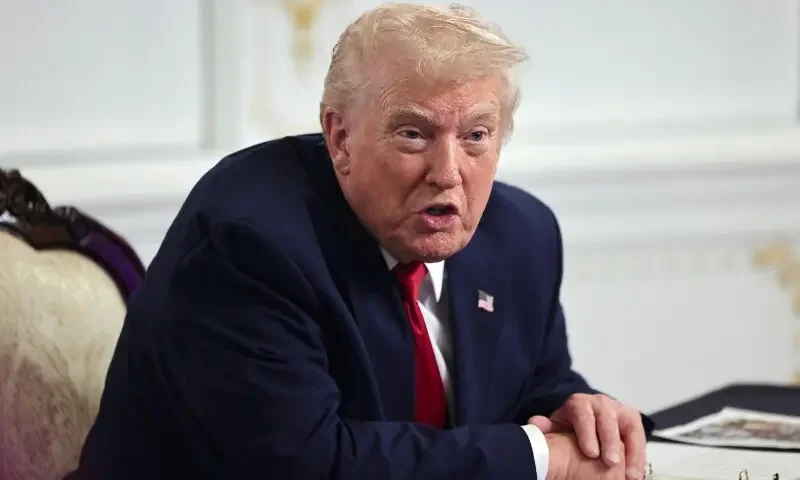The suspect accused of shooting two National Guard members near the White House earlier this week will face first-degree murder charges, federal prosecutors announced on Friday.
The attack has triggered a sweeping policy response from President Donald Trump, who declared his intention to indefinitely halt migration from specific developing nations to the United States.
Jeanine Pirro, the U.S. Attorney for Washington, D.C., confirmed the escalation of charges against 29-year-old Rahmanullah Lakanwal. She described the incident as a calculated ambush targeting service members from West Virginia.
“Unmistakable Premeditated Murder”
The legal fallout intensifies following the death of 20-year-old National Guardsman Sarah Beckstrom, who succumbed to her injuries on Thursday. Her colleague, 24-year-old Andrew Wolfe, remains in critical condition.
“What happened at that crime is unmistakable. It is a premeditated murder,” Pirro stated, noting that additional charges are pending. “We are upgrading the initial charges of assault to murder in the first degree.”
President Trump, addressing military service members during a Thanksgiving call, labeled the shooting a “terrorist attack.” Officials have since confirmed that a formal terrorism probe into the incident is underway.
Trump Escalates Immigration Crackdown
The violence has served as a catalyst for the President to harden his stance on immigration. In a statement released on his Truth Social platform late Thursday, Trump outlined drastic measures aimed at overhauling the U.S. entry system.
“I will permanently pause migration from all Third World Countries to allow the U.S. system to fully recover,” Trump declared. He vowed to terminate millions of admissions granted under the previous administration, specifically targeting those approved by former President Joe Biden, and to remove individuals deemed not to be a “net asset” to the country.
While Trump did not explicitly name the nations affected by the proposed freeze, the Department of Homeland Security pointed to a list of 19 countries included in a travel ban issued in June. This announcement follows reports that the President has ordered a comprehensive review of asylum cases and green cards approved under the Biden administration for citizens of these specific nations, including Afghanistan.
Background of the Suspect
Rahmanullah Lakanwal arrived in the United States in 2021 as part of Operation Allies Welcome, a program designed to resettle Afghans who assisted U.S. forces and faced retribution from the Taliban.
Government files indicate that Lakanwal, who lived in Washington state with his wife and five children, was previously a member of a CIA-backed unit in Afghanistan. He was granted asylum earlier this year. Investigators allege that he drove across the country before carrying out the attack with a .357 Magnum revolver. He was subsequently wounded during an exchange of gunfire with other troops.
When asked about the potential deportation of Lakanwal’s family, President Trump stated, “We’re looking at the whole situation with family.”
International Reaction and Rights Concerns
The administration’s response has drawn concern from international bodies. United Nations agencies have urged Washington to uphold its obligations to asylum seekers, emphasizing the need for due process.
Farhan Haq, deputy spokesperson for the U.N. Secretary-General, expressed expectation that the U.S. would honor commitments under the 1953 Refugee Convention. Similarly, human rights spokespersons stressed that refugees are entitled to protection under international law.
Migration experts warn that using this specific tragedy to justify broad restrictions could have damaging consequences. Jasmin Lilian Diab, director of the Institute for Migration at the Lebanese American University, argued that mass restrictions are inconsistent with evidence regarding refugee behavior.
“While the recent incident is tragic, using an isolated incident to justify mass restrictions is inconsistent with evidence showing no link between refugee arrivals and increased crime,” Diab stated, cautioning that freezing applications would disrupt communities and erode faith in the migration system.




















